PETROLEUM ENGINEER
Minimum Education Requirements: Bachelor Degree in Petroleum Engineering
There are many careers associated with Petroleum Engineers including Drilling Engineer, Completions Engineer, Production Engineer or Reservoir Engineer. Drilling Engineers work with information provided by a Geologist and other specialists to determine the best techniques to drill a well. Drilling Engineers will assess additional factors such as equipment, methods and costs needed to safely complete the drilling process. Completions Engineers work to complete the well which includes well stimulation (also known as hydraulic fracturing) and the installation oversight of pressure control techniques. Production Engineers design and monitor the equipment used to get the crude oil and natural gas out of the well and into storage tanks or pipelines for marketing and distribution. If a well is not meeting expectations, they will look at alternative equipment or processes to improve the well’s production. And, Reservoir Engineers evaluate the performance of individual wells, groups of wells or a well field to determine their respective life cycles. They complete their research using advanced technologies that create sophisticated models that will establish well decline curves. Reservoir Engineers utilizes this information to provide suggestions for reservoir improvement and planning for future company operations.
(Also see Drilling, Completions, Production and Reservoir Engineer)
